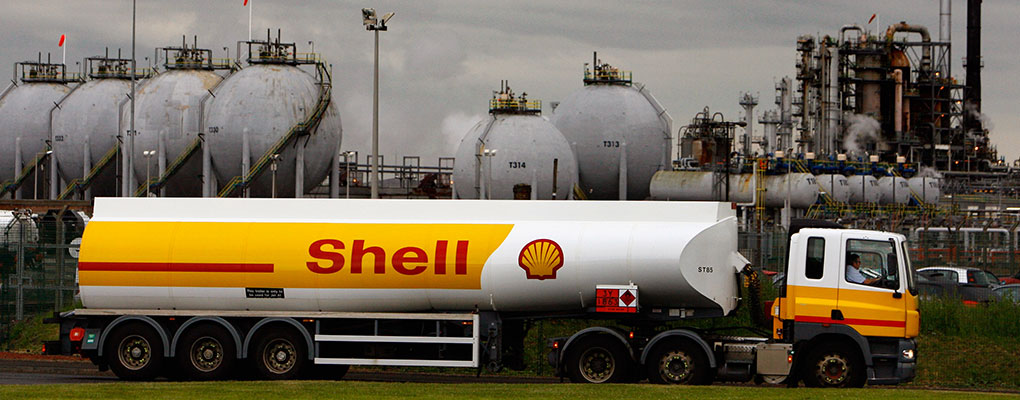
Shell announced on July 30 that, as part of its on-going cost cutting exercise, it will shed 6,500 jobs in 2016 and reel in capital spending plans by 20 percent, or $7bn. The move falls in step with similar such actions taken across the industry, as the fossil fuels business looks to mitigate the impact of a crude price slump and make savings where possible.
The executive later stressed that the company’s planned combination with BG would shore up the company’s cashflow
“We have to be resilient in a world where oil prices remain low for some time, whilst keeping an eye on recovery,” said CEO Ben van Beurden in a statement. “We’re taking a prudent approach, pulling on powerful financial levers to manage through this downturn, always making sure we have the capacity to pay attractive dividends for shareholders.”
The executive later stressed that the company’s planned combination with BG would shore up the company’s cashflow and make Shell a global leader in LNG and deep water innovation, while also turning the combined entity into a “simpler and more profitable company”. In the statement, van Beurden confirmed that the BG transaction is on track and once completed would “deliver better returns to shareholders”.
Shell’s outlook shows that caution remains the go-to sentiment for much of the fossil fuels business, as low oil prices bring a host of planned projects to grinding halt and threaten to do so in the long-term. The spending cuts also bring the combined value of cancelled and delayed oil and gas projects to around $200bn, and many, including Shell, expect to make further reductions in the years ahead, should the price of oil fail to pick up.


